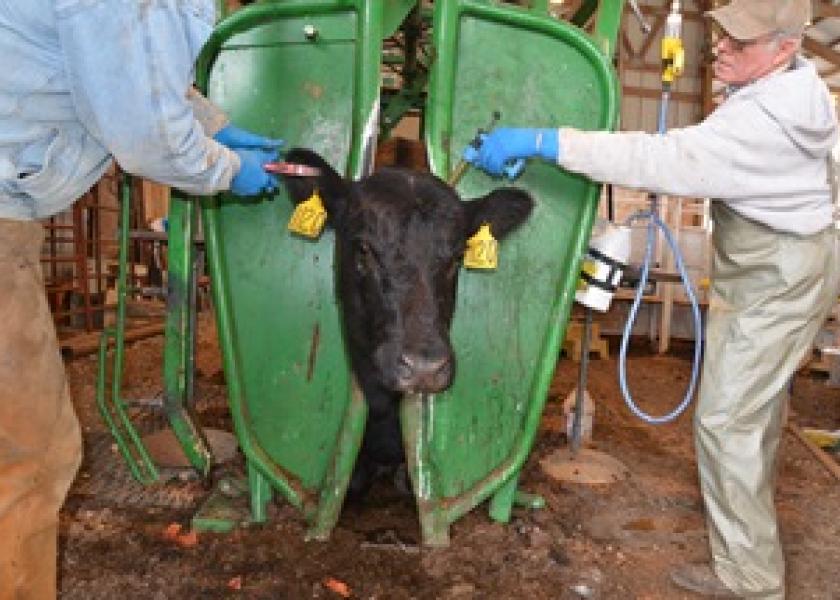Optimize Cattle Health: A Producer's Guide To Vaccine Handling And Storage

The highest quality vaccine may lose its effectiveness if not handled and stored correctly. Even experienced producers can inadvertently overlook crucial principles during the preparation and administration of vaccines and other animal health products, says Bob Levalley, Oklahoma BQA Coordinator.
Key Considerations for Modified Live Vaccines
Modified live vaccines require reconstitution with a sterile diluent before administration. It's crucial to use these products within an hour of reconstitution for optimal efficacy, says Levalley. While stocker operations typically have faster processing speeds, cow/calf facilities, often exposed to the elements, require extra caution when handling and administering modified live products.
Choose a Reliable Distributor
Purchasing vaccines from a reputable distributor is a foundational practice. Improper storage conditions, including freezing or exposure to heat and sunlight, can significantly reduce vaccine effectiveness, Levalley warns. To maintain a high level of efficacy, vaccines should be stored in dependable refrigerators within the recommended temperature range (typically 35-45⁰ F), as indicated on the product label.
The Role of Chute Side Vaccine Coolers
Chute side vaccine coolers offer an effective solution during processing. These coolers, equipped with slots for syringes and designed to maintain the temperature, ensure that vaccines remain potent. Consider taking a cooler when purchasing vaccines to uphold the recommended temperature on the journey home. Ready-to-use coolers or DIY options are available.
Record-keeping for Accountability
Maintaining records of lot/serial numbers is essential for quick response in the event of recalls or other unforeseen situations, Levalley adds. A convenient method involves using a cell phone camera to capture information on the vial label while working with cattle. This can later be transferred to more permanent records.
Proper Disposal of Outdated Products
Products that are past their expiration date should be appropriately discarded. Through meticulous record-keeping, proper storage, and handling practices, animal health products become a vital component of a comprehensive cattle health program. Visit the beefextension.okstate.edu website for additional resources from OSU Extension on beef cattle management.







